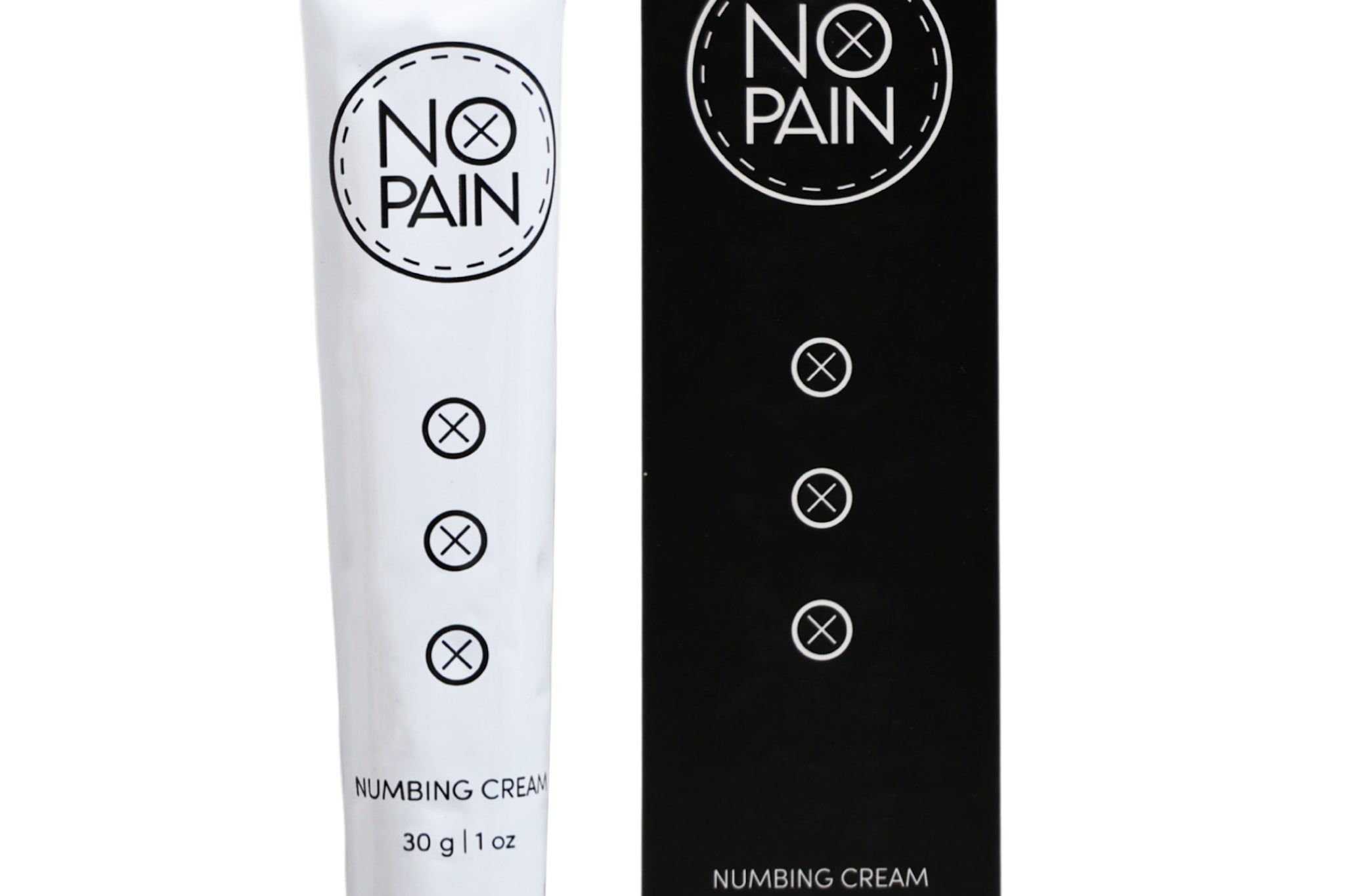You're on a journey to clearer skin with Accutane (isotretinoin), a powerful and highly effective medication for severe acne. At the same time, you're dreaming of getting a new tattoo. You start to wonder, "Can I get a tattoo while I'm taking this medication?"
The answer from the overwhelming consensus of dermatologists and professional tattoo artists is a firm, unequivocal NO. It is not safe to get a tattoo while you are on Accutane, and you must wait a significant amount of time after you finish your course before you can safely get new ink.
This is not a casual recommendation; it's a critical safety measure to prevent permanent damage to your skin and your art. This guide will explain the serious risks involved and the safe timeline you must follow.
How Accutane Changes Your Skin
Accutane is a powerful systemic medication, meaning it affects your entire body, not just your face. It works by dramatically reducing oil production, but it also has several other significant effects on your skin that make tattooing dangerous:
-
Delayed Wound Healing: This is the biggest risk. Accutane is known to slow down your body's natural ability to heal wounds. A tattoo is a massive wound, and if your body can't repair it efficiently, you are at a much higher risk of infection and complications.
-
Increased Skin Fragility: The medication can make your skin thinner, more delicate, and almost brittle. The trauma from the tattoo needles, which is normally manageable, can cause excessive damage, tearing, and "blowouts" on Accutane-sensitized skin.
-
Higher Risk of Scarring: Because of the poor healing and increased fragility, your skin is much more likely to develop abnormal scar tissue (like hypertrophic or keloid scars) in response to the tattoo, which can permanently raise and distort your design.
Many tattoo artists who have unknowingly tattooed a client on Accutane report that the skin becomes difficult to work with, almost "rubbery," and doesn't hold ink well, leading to a patchy, poorly saturated, and overworked result.
The Mandatory Waiting Period: How Long After Accutane Can You Get a Tattoo?
The medical and professional tattoo community is in strong agreement on the waiting period. You must wait at least 6 months after taking your final dose of Accutane before you can safely get a tattoo.
-
The standard recommendation is 6 to 12 months.
-
This waiting period gives your body enough time to flush the medication out of your system and for your skin to return to its normal state of thickness, resilience, and healing capacity.
Do not try to rush this. A reputable artist will refuse to tattoo you if you have recently been on Accutane, and you will be asked to disclose this on your consent form.
Your Action Plan: Be Patient and Prepare
The waiting period can be frustrating, but it's the perfect opportunity to plan for a safe and successful tattoo experience once your skin is ready.
-
Plan Your Art: Use this time to do your research, find the perfect artist, and finalize your design.
-
Focus on Skin Health: As your skin recovers from the Accutane, you can support it by staying hydrated and using gentle, nourishing moisturizers.
-
Prepare for a Comfortable Session: Once you've passed the safe waiting period and booked your appointment, you can plan for a great experience. A product like our No Pain Tattoo Numbing Cream can help ensure your long-awaited tattoo is a comfortable and positive one.
The Verdict: Can you get a tattoo while on Accutane? Absolutely not. The risks of poor healing, infection, and permanent scarring are far too high. The responsible and safe path is to finish your full course of medication, wait at least 6-12 months, and then get the beautiful, well-healed tattoo you deserve. Your skin's long-term health is always the top priority.


